Read a great essay today. It wasn’t a typical essay but it was a “tap essay.” What is that? Well it’s an article optimized for a device and makes it easy to give it your full attention.
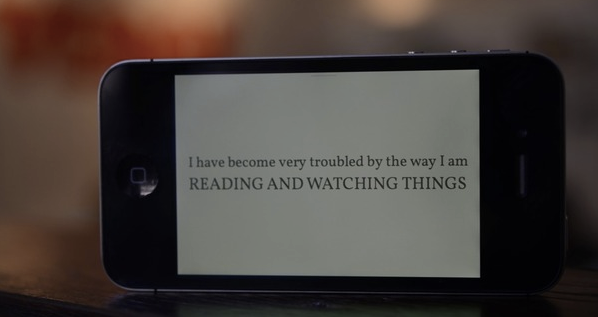
Read a great essay today. It wasn’t a typical essay but it was a “tap essay.” What is that? Well it’s an article optimized for a device and makes it easy to give it your full attention.

Good one:
Hostess Bakery plants shut down last Friday, the result of a union strike idling some 18,000 workers. The federal government will hire most or all of these displaced employees. Meaning….
The State Department will hire the Twinkies, the Secret Service the Ho Hos, the generals will sleep with the Cupcakes, and all the Ding Dongs are going to Congress.
Thanks to Mac and Rob Braunohler for the joke – also for pointing me to the funny John Stewart comments about it. Here’s Mr. Steward, doing his thing:
| The Daily Show with Jon Stewart | Mon – Thurs 11p / 10c | |||
| The Employees Strike Back – Twinkie’s End | ||||
|
||||
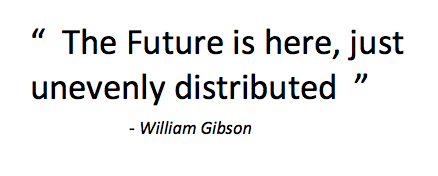
With a new year (i know we’re a month old already) I’ve been wondering more about what the future holds. I have a few thoughts i’d like to share and get your thoughts. They are some prediction of the technology space. Here they go:
More and More Social Networks.
I wrote in 2007 when Facebook released “The Platform” that they would take over the web. Their product updates since then have great and as a result, they’ve been killing it for years and been gobbling up users (approaching 1 Billion now). However, this year I saw more and more social networks emerge. You have Path, Instagram, Foursquare, FoodSpotting and others. It’s easy for me to see now that in the future everyone will be on Facebook but that’s not where everyone will share. It will be fragmented. Depending on what you share (Food, Books, Photos, etc.), you may be someplace else and sharing with a smaller group. Facebook will continue to be a huge company but their days of being the only game in town are numbered. Social is now not a facebook-only feature. Everyone has it. The future is more about what your social activity revolves around. I’ve started to tell people that “facebook is a fad” and it’s old news. That’s not entirely true but it’s more true now than ever.
The Future of Local Publishing
More and more people are trying to get into local publishing. The local newspaper has seen its classifieds, sports, world news and national news all get marginalized by other outlets (TV, internet, twitter, etc.). All that’s left is local. I used to be bullish on Patch, but that’s waning as i don’t see them innovating and it seems to be too big and too expensive an operation at each location. That may change though. With that said, here’s my prediction for what wins in a local community:
You have a site, this could be a WordPress site or Tumblr or whatever. It’s managed by one to three super-engaged people who are not pulling a salary (or a minimal one). They do two things. First, they curate all the news from papers, blogs and other local sites that are reporting in their community. Second, they accept via twitter and their site submissions of links and news. They curate both of them and then spit it out back to their followers on their site and on Facebook and Twitter. This becomes the best real-time source of news.
This works because it is impossible for one source to aggregate all the information themselves (what newspapers used to do) but it is all being covered by other people who are willing to share. The new local publisher is a connector of local interests to other web sites. I could see this being just a twitter feed or a Tumblr blog. Whatever the destination is, it’s heavily conversational and constantly curated.
Just some predictions i have. Would love to hear your thoughts.
I wrote a post 9 months ago about whether FourSquare or Quora were going to break out as great companies. Many in the office chose Quora and i chose FourSquare. I didn’t know anything at the time, but i just had a hunch.
I’m still not correct. Quora is doing really well still, but more and more people are recognizing Foursquare as a pioneer. In fact, yesterday, Anil Dash wrote a great post about why it’s such a compelling company, stating:
[Foursquare] has blossomed into truly impressive execution: Foursquare is the one startup that’s doing the most remarkable job of any company out there in product strategy and product creation.
He sites these 6 main points as to why:
It’s a good read, check it out.
Some things i’ll remember about 2011:
Steve Jobs’ Death & Legacy. As Esquire says…
No one ever died the way Steve Jobs died. Other people have died of cancer. Other people have died in the public eye. But no one has ever died with the inexorable logic of their mortality feeding into a logic of expectation that they themselves created and aroused.
Reading about Steve Jobs in 2011 was a terrific experience. He inspired me to take my passion in products to the next level. He was truly a special individual and will be missed.
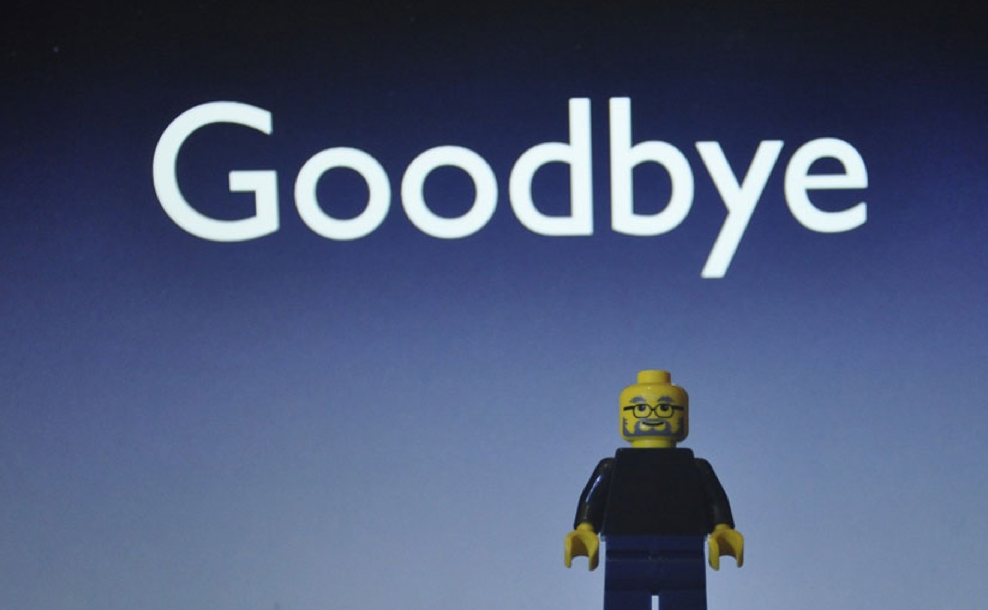
Mavericks vs. Heat. The stage was set: a team of underdogs who lost to the Heat in 2006 vs. a team of selfish divas. Down 2-1 and nearly 3-1, the scappy Mavs fought back and took the title in the most exciting NBA Finals I’ve ever seen. Continue reading “Looking back at 2011”
I recently listened to an interesting podcast interview of Chris Rock. One phrase he mentioned was that George W. Bush was the first “Cable-Channel President.” What he meant by this is that you used to have candidates and presidents that attempted to appeal to the entire country – similar to Network television – but now you have presidents and candidates that try to appeal only to their audience – like Cable channels – and don’t care about nationwide approval.

This is an interesting concept, because if you try to appeal to everyone – like a Network show – you tend to appear successful or correct only a fraction of the time to most voters, but if you focus on a niche, you’ll be loved by some and strongly disliked by everyone else. The highs are higher but the lows are lower.
You can definitely see this play out in American politics today. Instead of trying to appeal to everyone and find a middle ground, candidates simply talk to their niche and alienate everyone else. In most categories such as music, film, education, etc. I love this as it allows me to find exactly what resonates with me, but when you’re trying to run a country, i don’t think it works.
I just finished the Steve Jobs book and it was probably one of the most enjoyable books i’ve read in a long long time. I might say the past 10 years. Here’s why:
Steve Jobs really cared about his products, deeply. He had an intuitive feel for what the consumer wanted, and what he wanted. He truly wanted his products to be close to art. Even though very few in the industry believed him, even after the Macintosh had been around for over 10 years, he continued to hold on to this belief. Each button, CD tray, color, and line was important to him. There’s a great passage in the book when he found out that the CD-ROM drive of a Mac was a tray instead a slot and it brought him to tears.
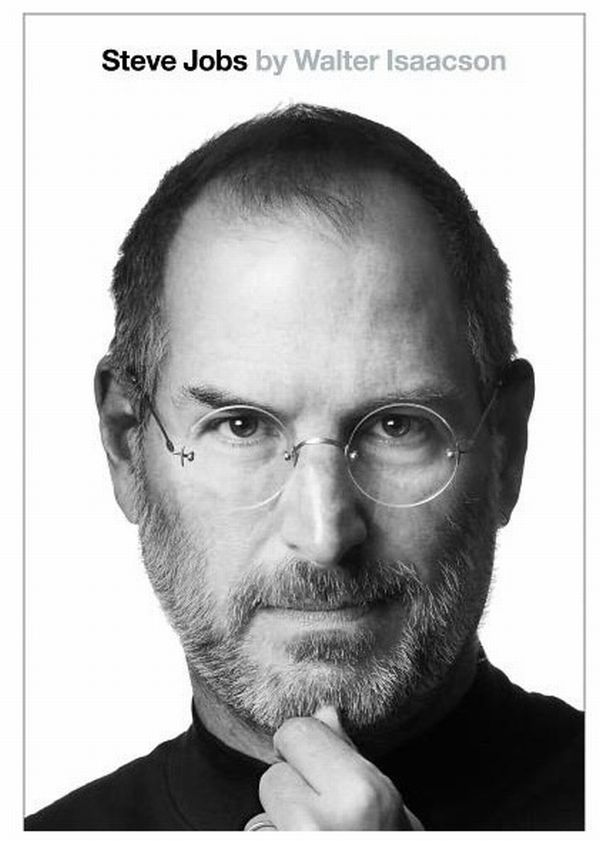
It was also fascinating to hear about the infant PC industry. I had no idea how the PC industry started. I knew there was Apple and i knew there were was IBM but i didn’t understand how it emerged. The narrative of the hobbyists building the board in garages makes sense to me, and i now understand.
I also didn’t understand how Jobs could get kicked out of his own company by a CEO and board that he selected. But, after reading the story, i’m surprised he didn’t get kicked out sooner. To hear of his return and his path back towards success was riveting. Just a great story. I highly recommend this book to anyone who’s enjoys Apple even a little bit. Most people didn’t revere Jobs that much when he was alive (except, obviously the fanboys) but looking back at his accomplishments and commitment to excellence and innovation, we have to place him in the pantheon of business and product innovators.
I do think the world is a better place for having him here and i wish more people followed his path and held on to their dreams and reached for the stars. It’s a great thing when it happens and actually works.
I thought this was a good graphic of how some companies are organized. Cool little diagram. Thanks to MacL3 for it.
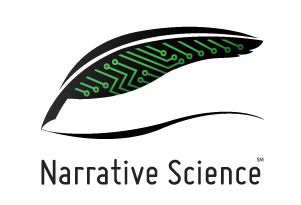 Last week I spoke at the NYC Hacks/Hackers conference which was a pretty great gettogether of journalists and technology folks. I spoke about all the editorial tools that Kapost provides and got a pretty good response.
Last week I spoke at the NYC Hacks/Hackers conference which was a pretty great gettogether of journalists and technology folks. I spoke about all the editorial tools that Kapost provides and got a pretty good response.
One other company that was there was a company called Narrative Science and they sort of blew my mind. This company takes formatted data – think of a baseball box score or census results – and algorithmically turns that data into a news story. So, a boxscore that used to just be 9 innings with numbers in it becomes this:
Michigan held off Iowa for a 7-5 win on Saturday. The Hawkeyes (16-21) were unable to overcome a four-run sixth inning deficit. The Hawkeyes clawed back in the eighth inning, putting up one run.
Whoa.
They are doing 1000 stories a week, and now that they have the template for baseball nailed, they are going into census data, crime information and other avenues that typically just produce data. It’s only a matter of time before SkyNet appears.